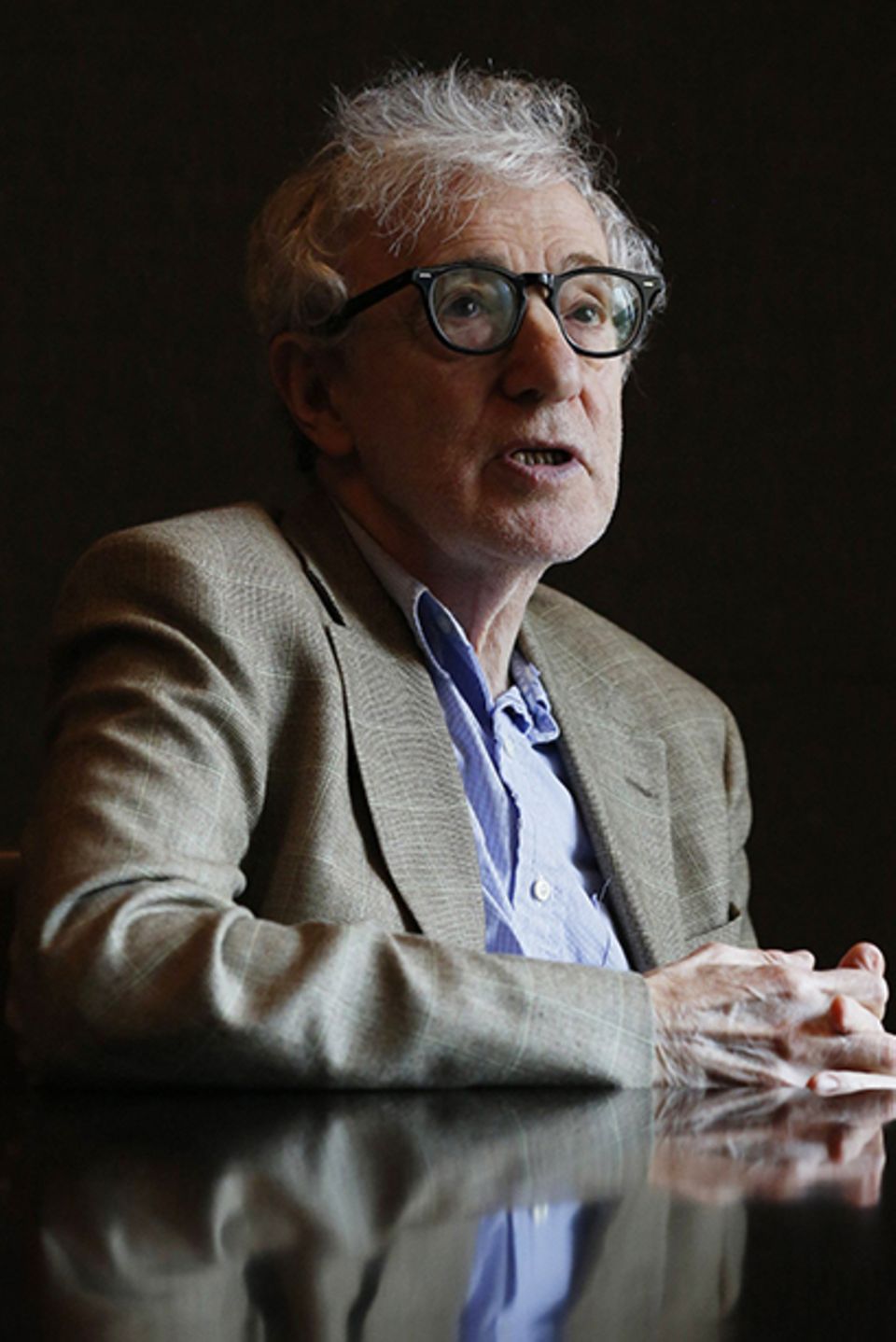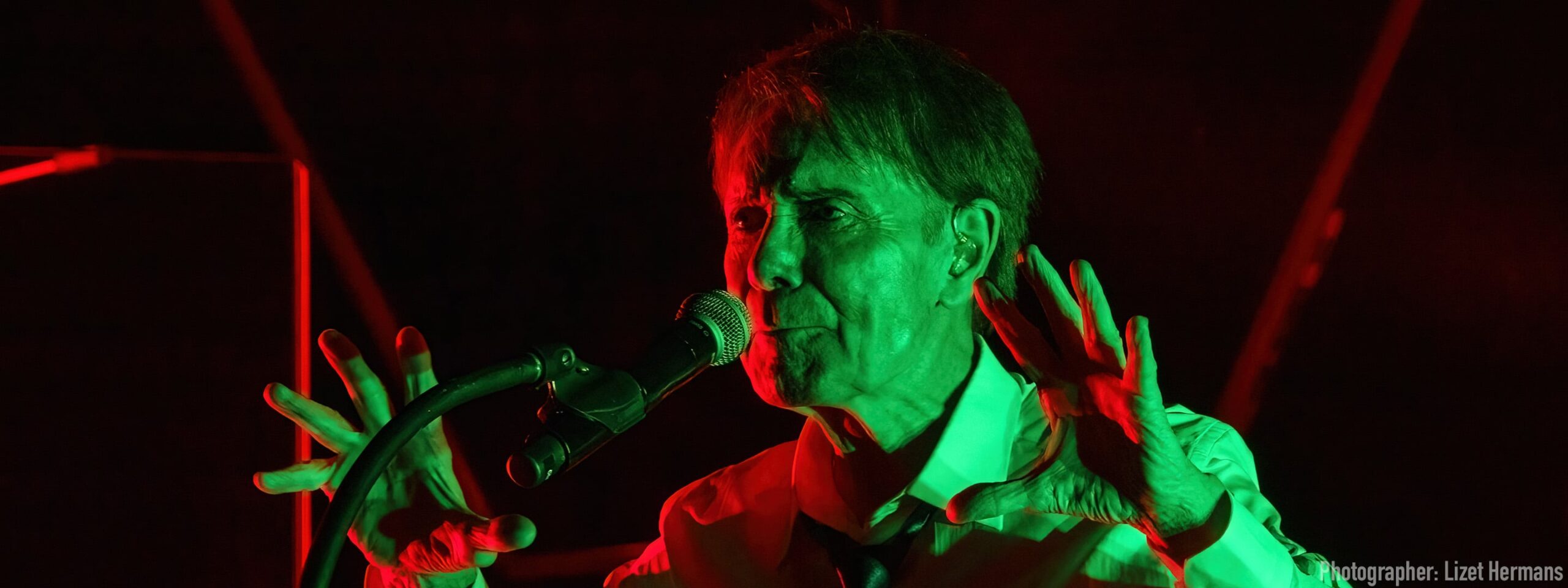
Introduction
Woody Allen, an iconic figure in the film industry, has shaped American cinema with his unique storytelling and cinematic style since the 1960s. His work spans acting, directing, and writing, capturing a wide range of themes from relationships to existentialism. Yet, Allen’s legacy remains contentious, shadowed by allegations of personal misconduct that have sparked debates about morality in art. Understanding his career is not merely an exploration of his films but also an examination of the complexities that surround artistic expression.
Career Highlights
Woody Allen’s breakout film, Take the Money and Run (1969), marked the beginning of a thriving career that has since produced classics such as Annie Hall (1977) and Midnight in Paris (2011). His distinctive blend of humour and introspection, often drawing upon his own neuroses, resonated deeply with audiences. Over the years, Allen has received numerous accolades, including four Academy Awards, making him one of the most celebrated filmmakers in the industry.
Controversies and Criticisms
Despite his professional accolades, Allen’s personal life has been marred by accusations of abuse, particularly involving his adopted daughter, Dylan Farrow. These allegations have led to a polarising discourse within the film industry and among fans, with many calling for a boycott of his work. In recent years, several of his films have been pulled from distribution platforms, showcasing a growing sensitivity towards the implications of supporting controversial figures in the arts.
Current Developments
As of 2023, Woody Allen has announced that he is set to retire from filmmaking after completing his latest project, Wasp 22. This decision has brought a wave of speculation about his legacy and the future of his work. His retirement could mark the end of an era, but debates regarding the intersection of his artistic contributions and personal controversies continue to be relevant in discussions of modern cinema.
Conclusion
Woody Allen’s career highlights the dichotomy often present in the arts: the creator and the creation. While his films have left an indelible mark on cinema, the surrounding controversies invite critical reflection on ethics within the industry. As audiences navigate their responses to his work, the ongoing conversation about art, morality, and accountability in Hollywood underscores the complexities of cultural consumption. Woody Allen’s legacy, therefore, will likely remain significant not only for his contributions to film but also as a case study in the evolution of societal values surrounding creators in the public eye.
You may also like

The Enduring Legacy of Cliff Richard
